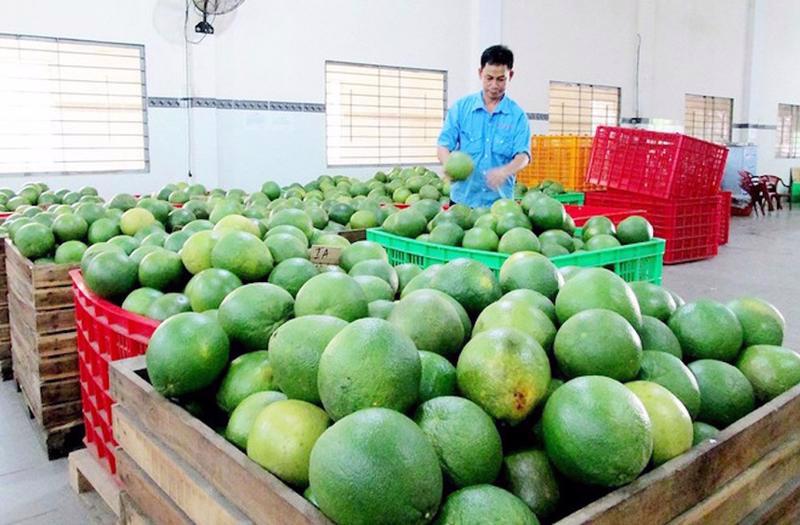Vietnamese businesses should be flexible and adaptable when exporting to the US, heard a workshop titled "New US Policies: Impacts on Trade and Investment" held in Ho Chi Minh City on January 8.
The National Radio Broadcaster Voice of Vietnam quoted Ms. Cao Thi Phi Van, Deputy Director of the Ho Chi Minh City Investment and Trade Promotion Center (ITPC), as saying at the event that significant impacts on global trade and investment are anticipated following President Donald Trump's election.
She urged businesses to understand these changes and to be proactively prepared for new US policy requirements.
In the first 11 months of 2024, the total two-way trade turnover between Vietnam and the US reached $122.4 billion. Vietnam's exports to the US amounted to nearly $108.9 billion, marking a 23.9% increase compared to the same period last year.
Regarding investment, the US ranks third among 110 countries and territories investing in Ho Chi Minh City, with over $1.55 billion.
Mr. Bob Bauer, President of the American Food Industries Association (AFI), highlighted Vietnam's potential as an investment market for the United States. However, he noted that some food sources imported from China for processing and export to the US pose challenges for Vietnam. The country needs to better prove the origin of its products.
Dr. Huynh The Du, a lecturer at Indiana University (USA) and a member of the Vietnam Initiative Institute, acknowledged the difficulty in predicting changes under President Donald Trump's administration. He noted that there will always be advantages alongside challenges.
The biggest risk for Vietnam is the imposition of tariffs. Businesses need to adapt to new US policy requirements, invest in innovative technology, and improve product quality. Vietnam must be flexible in seizing opportunities, promoting internationalization of its export products, and enhancing its competitiveness.









 Google translate
Google translate